The 'NEW' paradigm shift in Indian politics
- Rommel Rodrigues
- Jun 09, 2024
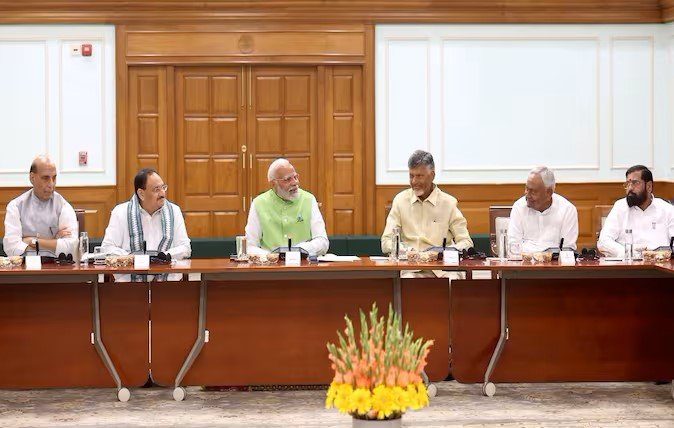
PM Narendra Modi chairs a meeting with partners of the BJP-led NDA
MUMBAI: As the Bharatiya Janata Party (BJP) and its alliance, the National Democratic Alliance (NDA), secures a third term in power under the leadership of Prime Minister Narendra Modi, it marks a significant milestone in Indian politics. The resounding victory achieved in the recent elections not only reflects the trust bestowed upon the Prime Minister and his party but also signals a paradigm shift in the country's political landscape.
One of the key advantages of a third term for PM Modi and the NDA is the promise of stability and continuity. Over the past few years, the government has initiated several transformative policies and reforms, such as the Goods and Services Tax (GST), the Pradhan Mantri Jan Dhan Yojana, and the Make in India campaign. A third term provides an opportunity to consolidate these efforts and ensure their effective implementation, allowing the nation to reap the benefits of these initiatives.
The NDA's track record in economic development under PM Modi's leadership over the last decade has been commendable. No one can deny that the country has witnessed significant progress in areas such as infrastructure, foreign direct investment, and ease of doing business. The third term presents a chance to build upon these achievements and further accelerate the pace of economic growth. By focusing on job creation, enhancing agricultural productivity, and promoting entrepreneurship, the NDA can foster an inclusive and robust economy that benefits all sections of society.
Having said that, while a third term presents immense opportunities, it also carries the burden of accountability. As the government embarks on its new mandate, it must address the concerns and aspirations of the diverse Indian population. Issues such as unemployment, agrarian distress, social inequality, and environmental sustainability need to be tackled with renewed vigour. The NDA must remain committed to inclusive growth and listen to the voices of all citizens, ensuring that the benefits of development reach every corner of the country.
Needless to say, another key challenge will be managing the expectations of the NDA's diverse constituents while maintaining policy coherence. Modi's promise of "sarv pantha sambhava" (equality of all sects) and his commitment to work for unanimity in all government decisions are steps in the right direction. However, achieving consensus on contentious issues will require deft political manoeuvring and a willingness to accommodate the concerns of smaller allies.
It is also a fact that the opposition, too, has emerged as a stronger presence in the 18th Lok Sabha, with the Congress-led INDIA coalition winning 232 seats. While the opposition has not formally conceded defeat, their role as a constructive critic will be crucial in holding the government accountable and ensuring a healthy parliamentary democracy.
Modi's assertion that he looks forward to more debates in the Lok Sabha is a welcome sign, as it could lead to greater scrutiny of government policies and a more participatory decision-making process.



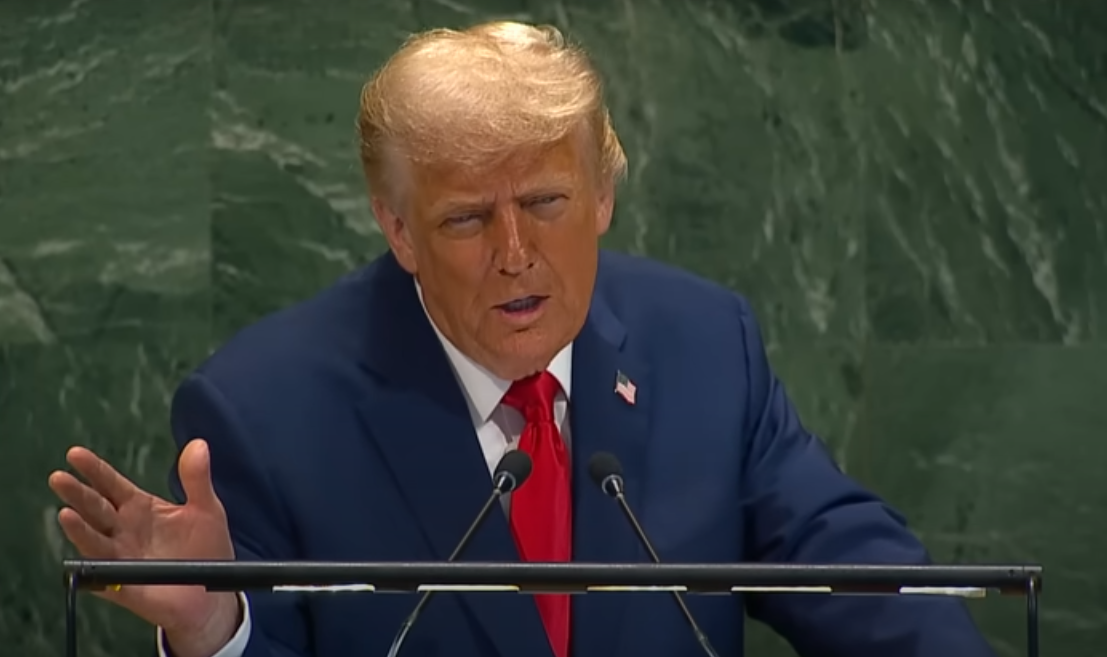
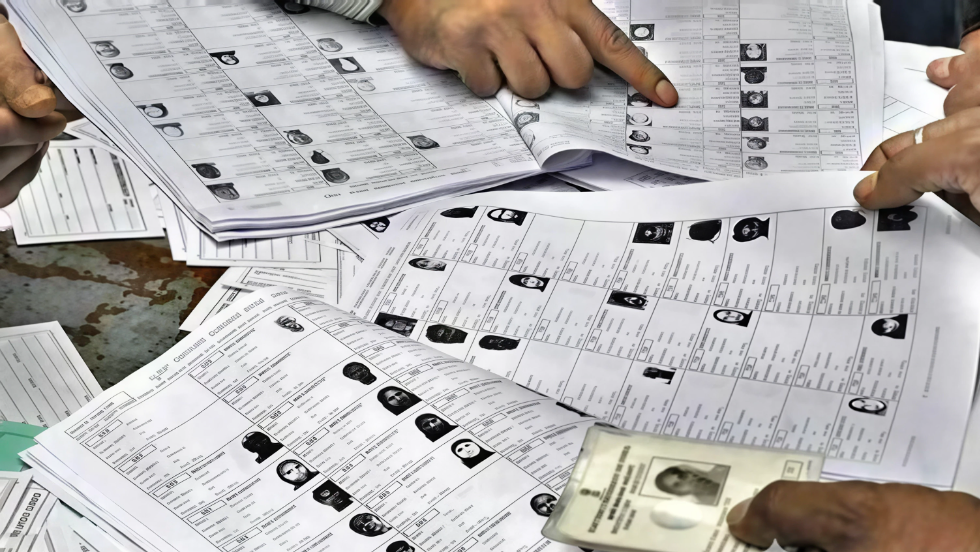
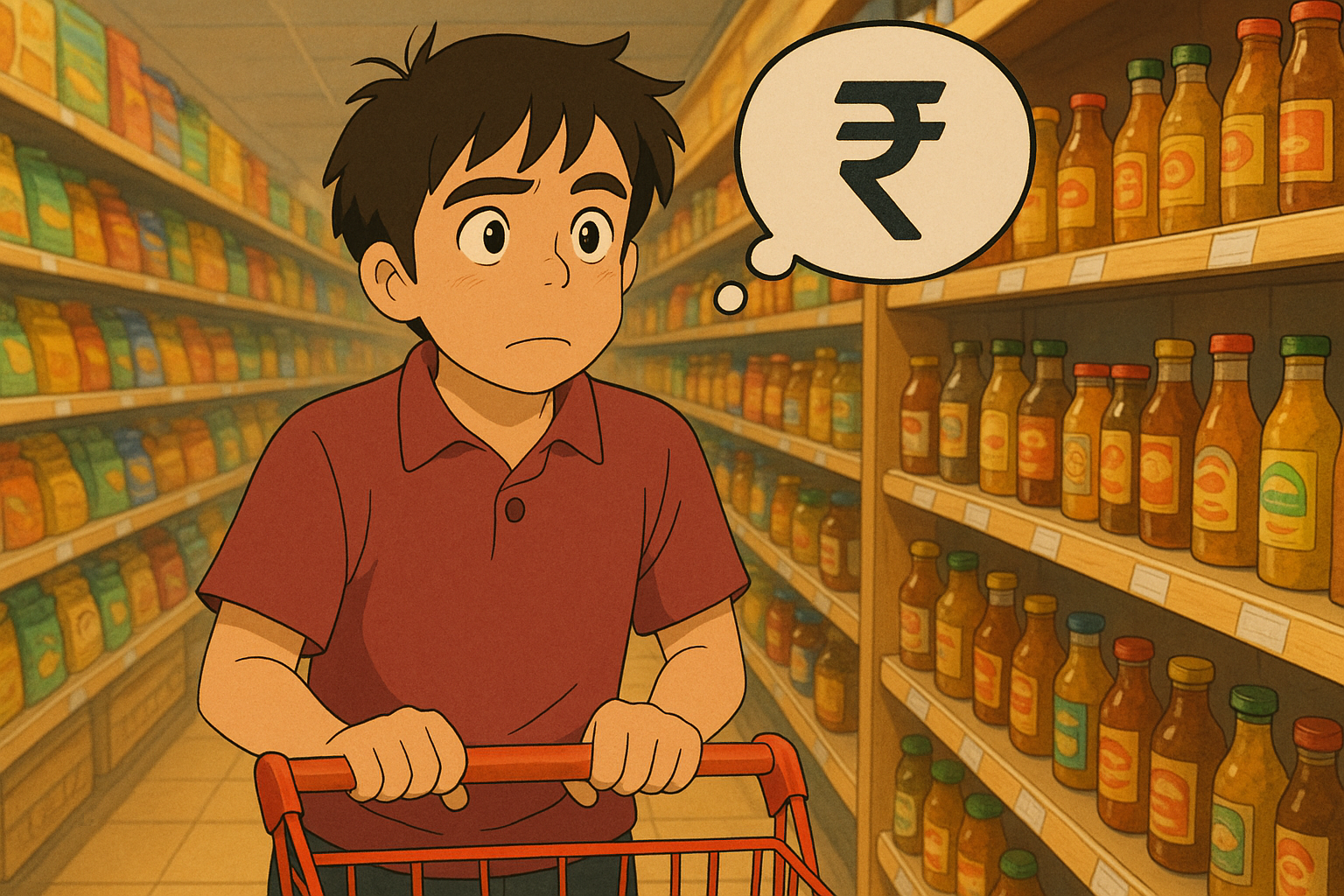
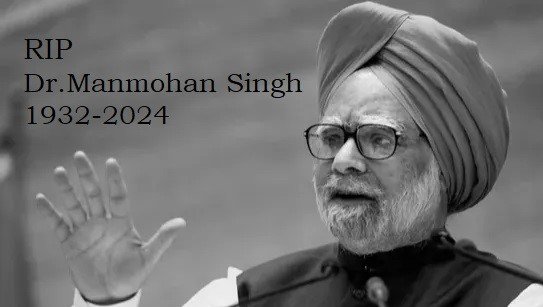
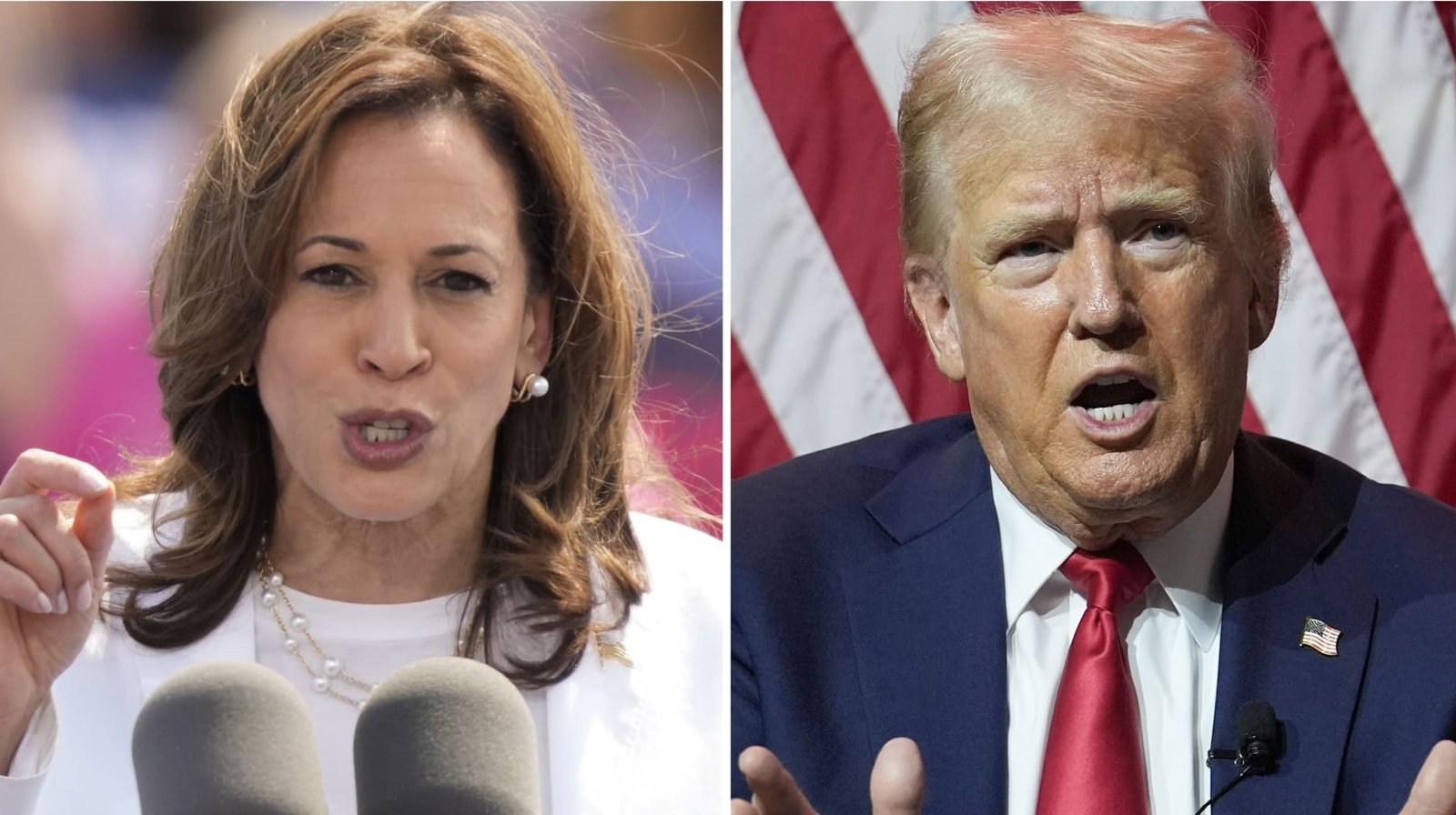
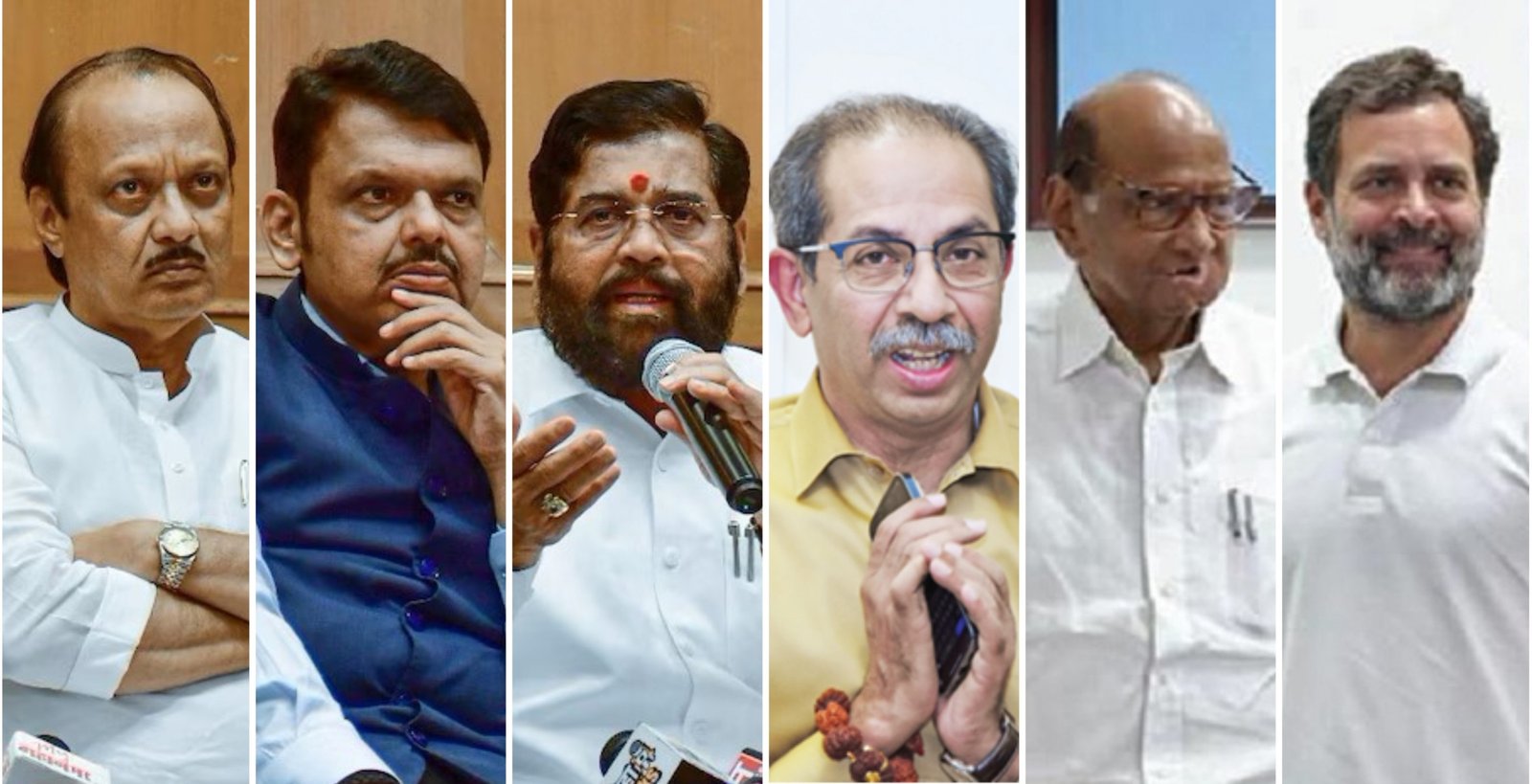
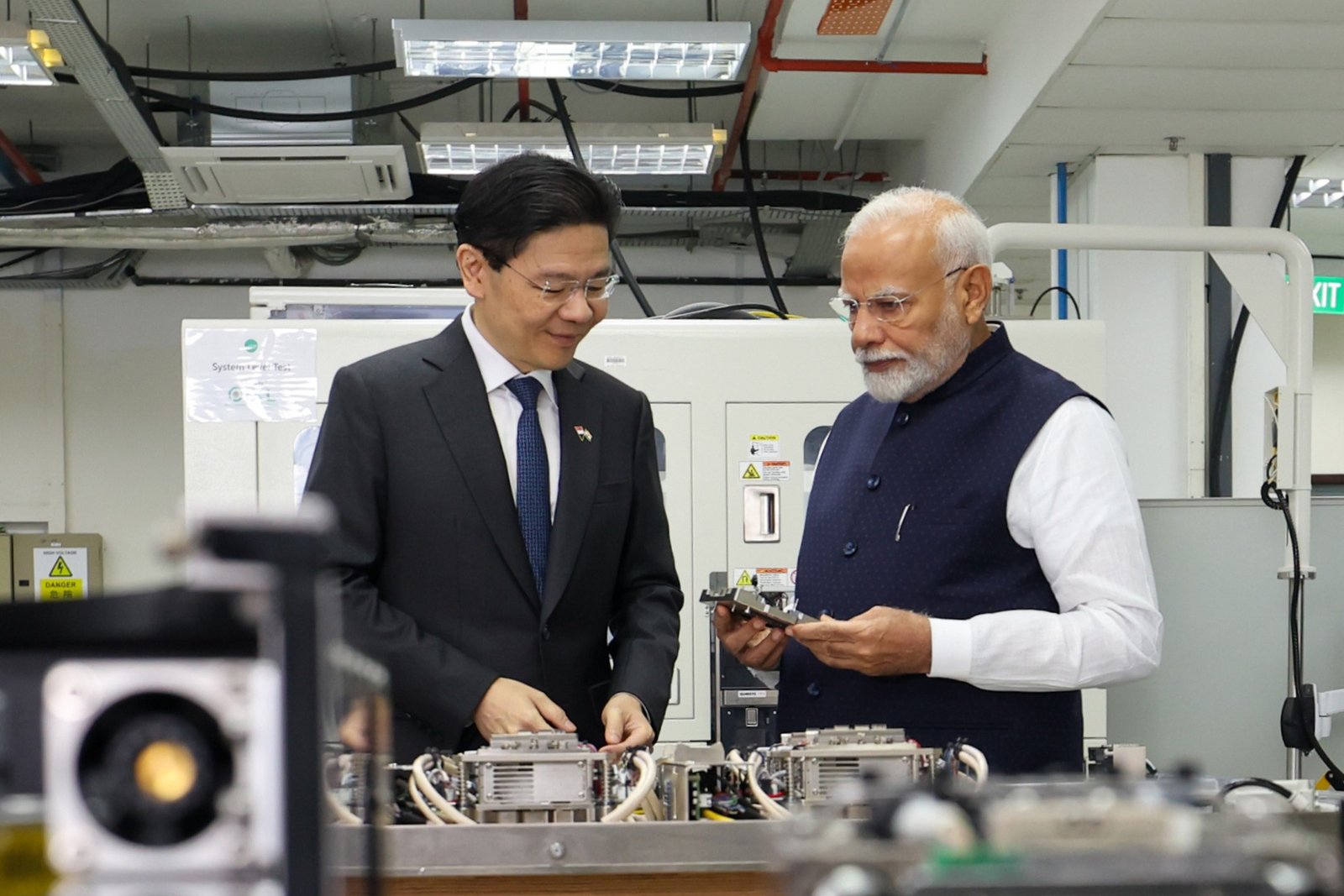
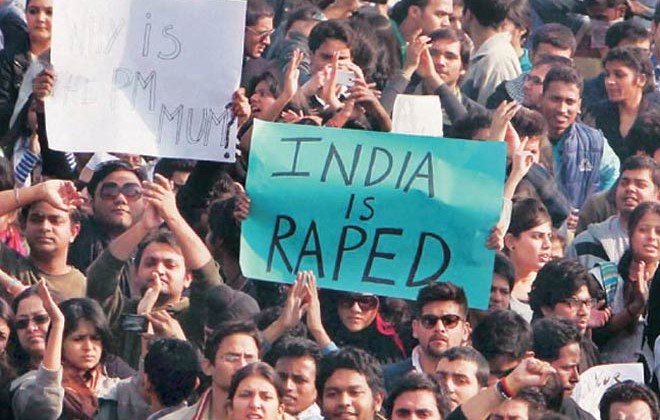
Reporter
Rommel is our Editor. He has close to three decades of experience in leading publishing houses including, Fortune India, Observer of Business & Politics, The New Indian Express etc.
View Reporter News